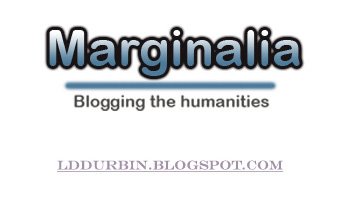Ghosts in the Machine: Early Modern Print Culture in the Digital Age
Concurrent with recent scholarship building on the work of Walter Ong and Marshall McLuhan - early pioneers in the study of the cultural effects of technological change - and with a particular focus on the private library collection, curiosity cabinet (and its later incarnation, the Kunstkammer), and the application of Ramist techniques, my study aims to reassess the efforts of Renaissance poets, scholars and collectors as they sought to transpose the mnemonic devices of pre-Gutenberg oral society to the new (information) technology of typographic print. In a wider literary context, my research draws upon works such as Thomas Heywood’s Gunaikeion and Michael Drayton’s Poly-Olbion as examples of the early modern database and hypertext, demonstrating that not only were current trends in the digital world anticipated in the literary heritage of early modern England, but that much can be garnered too from seventeenth century storage-and-retrieval systems as we embark upon the second information revolution.
The more I read it the less certain I am. I'm definitely still in the early stages of research but, given imminent funding application deadlines, there's an overwhelming necessity right now to articulate my thesis as clearly and as convincingly as possible. This is the first step, I guess, but is it clear? Is it convincing?
On another matter, one of the authors of a report commissioned by the Joint Information Systems Committee (Jisc) examining the implications of open access publishing recently concluded that "public money is being put into research, but then the people are being stopped from accessing it" (source: Times Higher Education). Well, the penny finally drops - if only the publishing industry saw the light too, as they most certainly did not this week following the re-introduction of a bill in the US House of Representatives "aimed at limiting the open-access publishing policy adopted by the National Institutes of Health" (source: GenomeWeb Daily News). One step forward, two steps back; at least Stevan Harnad is still counting his chickens







No comments:
Post a Comment